What’s Stopping the 3rd Intifada?
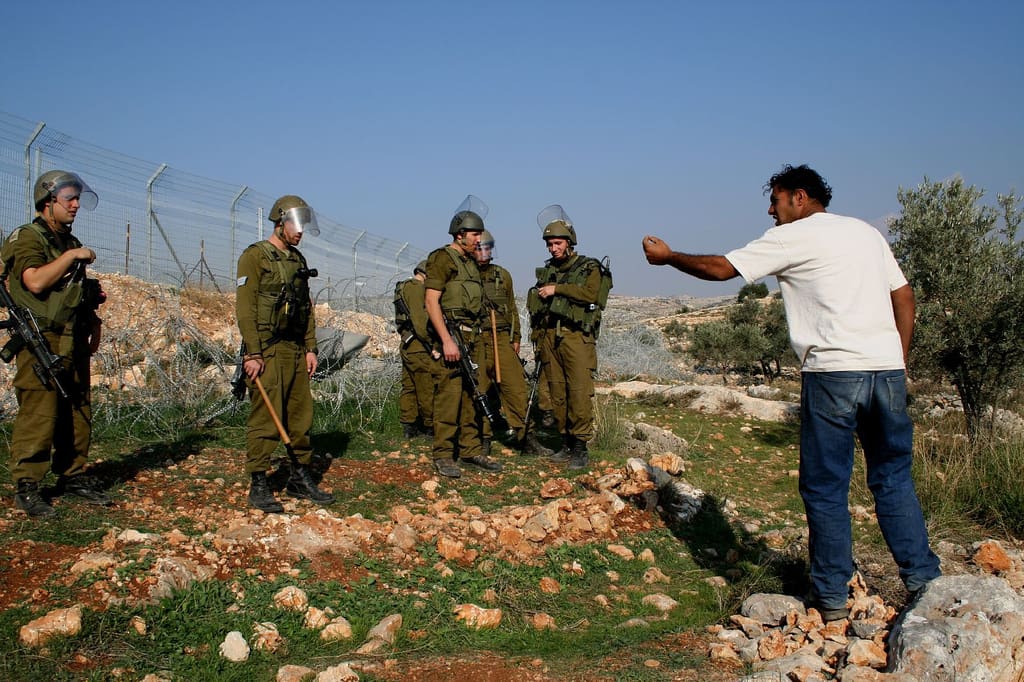
Israel’s repression of Palestinians has never been as great as it is today. With no political solution in sight, the possibility of a 3rd Intifada in the Occupied Palestinian Territory seems inevitable. However, Al-Shabaka Policy Advisor Jamil Hilal is doubtful and highlights other powerful forces that make a 3rd Intifada unlikely to happen soon.
Palestinian Dead End Highlights the Right of Return
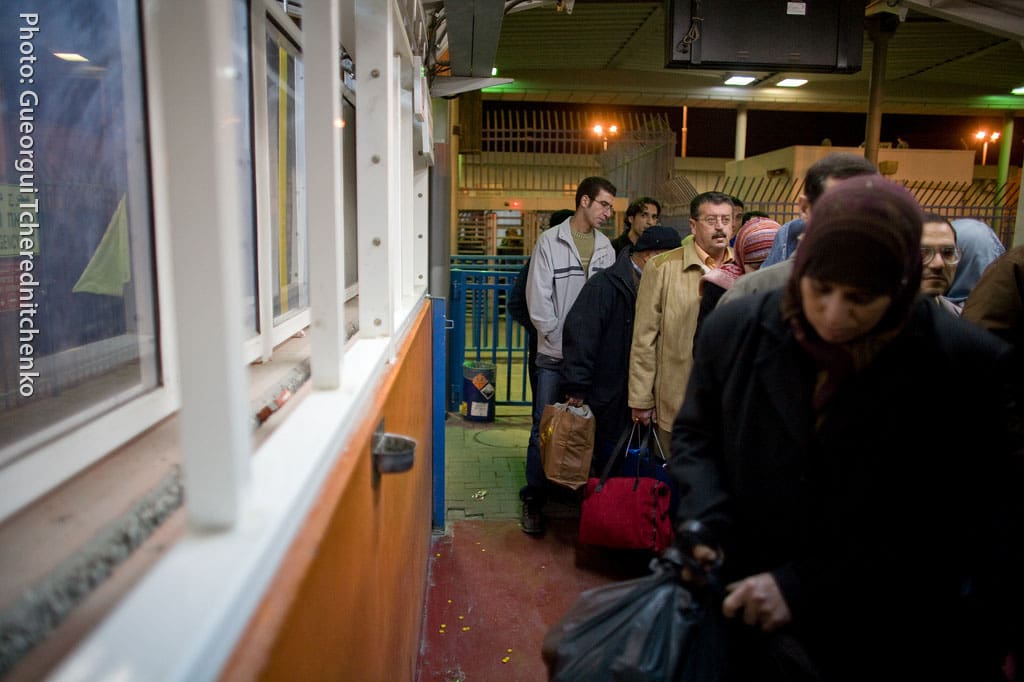
The Palestinian people must hold the Palestinian leadership accountable for the persistent failure of negotiations. As Al-Shabaka Policy Advisor Randa Farah argues, the PLO/PA should not replace different forms of resistance to the occupation with unlimited negotiations while finding itself under pressure to actively work to halt other acts of resistance simply for these negotiations to continue – and should remember the centrality of the right of return.
Oslo: Replacing Liberation with Economic Neo-Colonialism
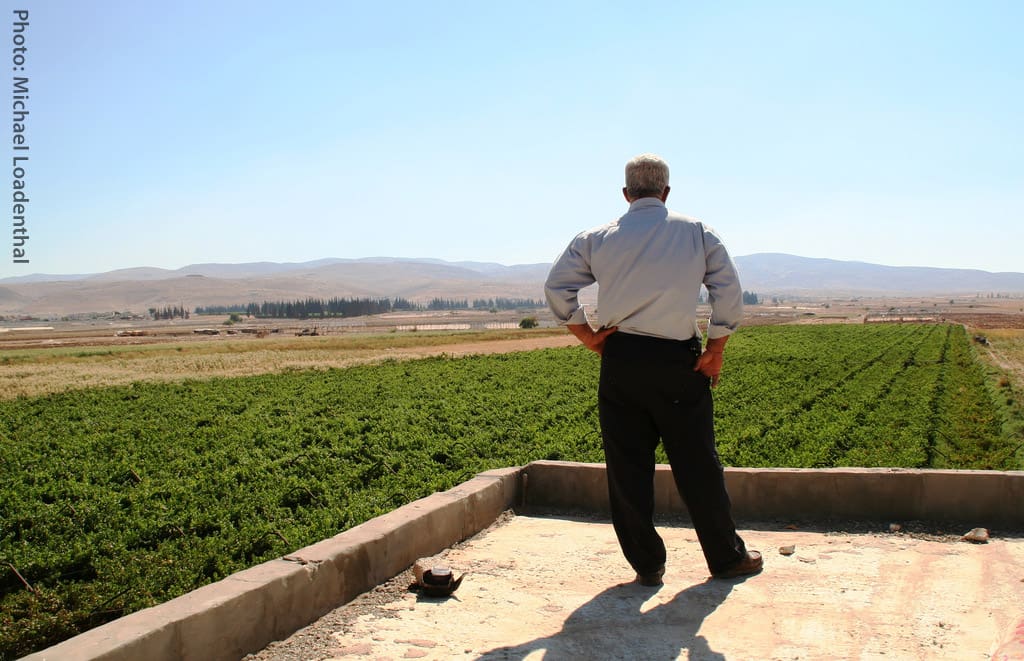
The neo-liberal policies associated with Oslo have gradually laid waste to the Palestinian struggle for liberation. Advanced by a coalition of transnational development agencies, Israeli occupation actors, and Palestinian capitalists and political elites, this “economic neo-colonization of Palestine,” argues Al-Shabaka guest author Khalil Nakhleh, must be met with a “People-Centered Liberationist Development” strategy that develops and empowers indigenous resources aimed at securing all Palestinian rights.
An Illegitimate Leadership Can Sign Away Rights
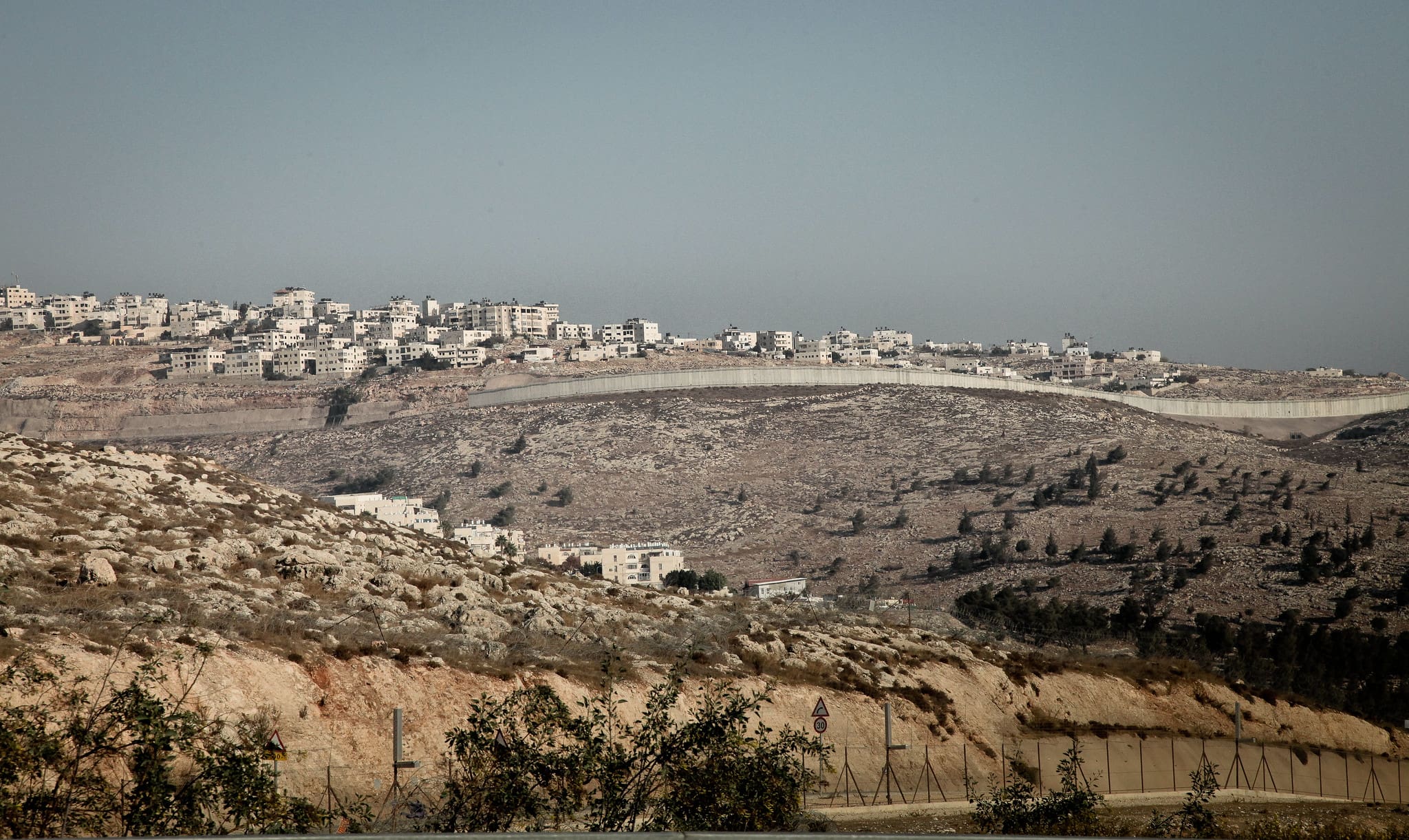
As Palestine Liberation Organization chairman Mahmoud Abbas heads to Washington to meet U.S. President Barack Obama, Palestinians are fast approaching a critical juncture in the U.S.-driven negotiations with Israel. Al-Shabaka Policy Member Zachariah Sammour warns of the grave implications and urges an immediate and sustained response by all Palestinians, including those in the Diaspora who may stand to lose their historic claim of return to the homeland.
NGOs vs. Grassroots Movements: A False Dichotomy
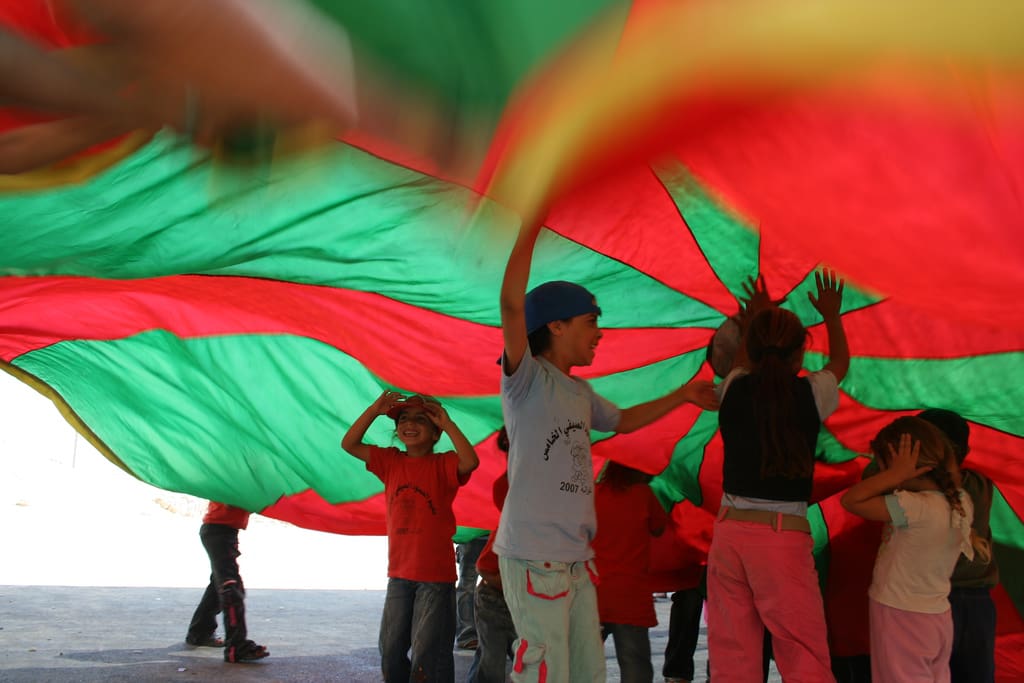
Are people’s movements intrinsically superior to non-governmental organizations (NGOs) or is there a role for different types of organizations in the Palestinian civil society spectrum? Al-Shabaka Policy Advisor Fateh Azzam reviews some of the recent critiques of NGOs in favor of popular movements. He discusses the issues of representation, agendas, and funding, among others, and argues that there is room for all.
Dis-participation as a Palestinian Strategy?

Al-Shabaka Policy Advisor Haidar Eid trenchantly reviews the state of Palestinian political parties on the Right and on the Left. He concludes that the only way to work effectively for Palestinian rights may be to “dis-participate” in these largely illegitimate and ineffective political structures while at the same time working on some of the other alternatives available.
Transforming Our Vision of Palestine Into Reality

A not-so-silent Palestinian majority opposes a peace that brings no justice. This fact underlies Al-Shabaka Policy Advisor Sam Bahour’s trenchant reality check for U.S. Secretary of State John Kerry’s push for a two-state solution. Bahour disposes of the myths still shrouding the failed negotiations and calls for economic investment of the right kind on the path to freedom, justice and equality.
Why is the Egyptian Regime Demonizing Palestinians?
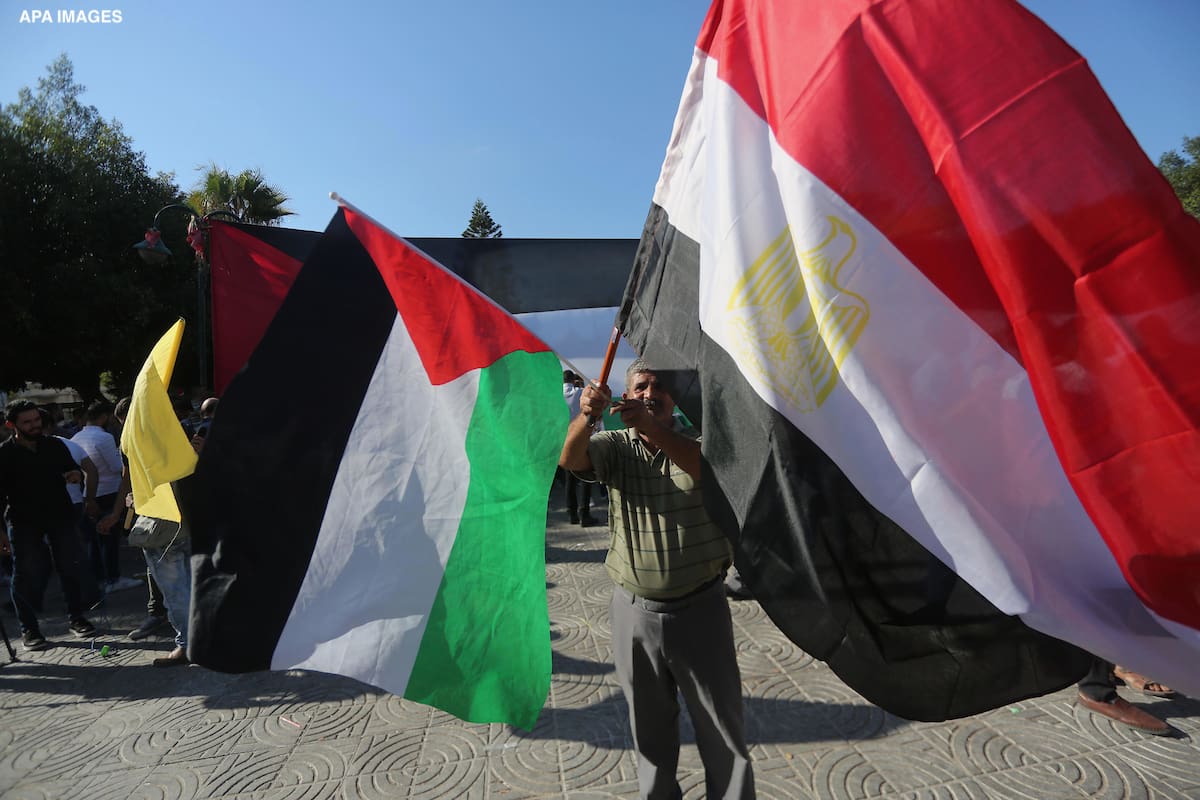
As millions celebrated the end of the month of fasting, the Palestinians of Gaza remained under lockdown, the borders almost completely sealed and the tunnel economy destroyed. Al-Shabaka’s Gaza-based Policy Advisor Haidar Eid examines the way in which successive Egyptian regimes, including the Muslim Brotherhood-backed Morsi government, have used Gaza as a tool to achieve their ends and contributed to its plight.
How to Make International Law Work for Palestinians
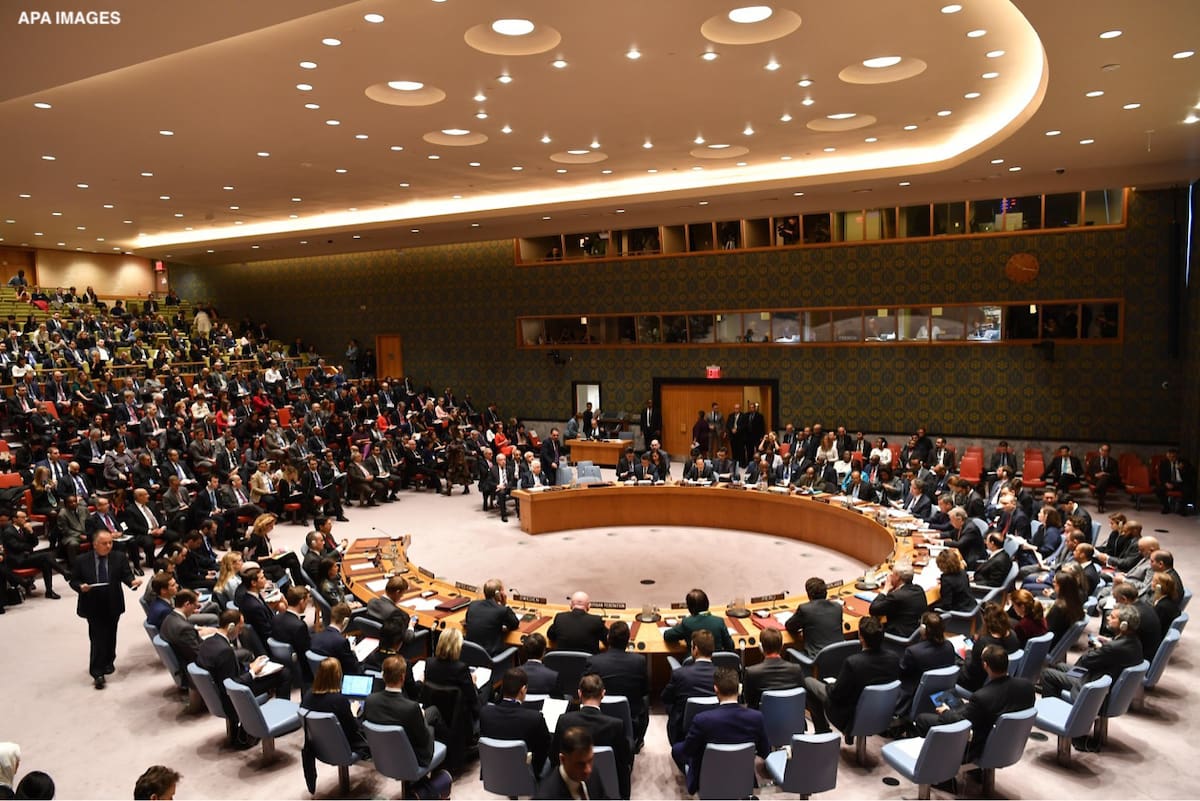
For many Palestinians, international law has a bad name. It has been ignored or subverted to prolong Palestinian oppression and fragmentation since 1948. But, as Al-Shabaka Policy Advisor Ingrid Jaradat argues, drawing on the findings of a major international conference at Birzeit University, the Palestinian people should not turn their back on international law: If used appropriately it is an effective tool for the oppressed.






